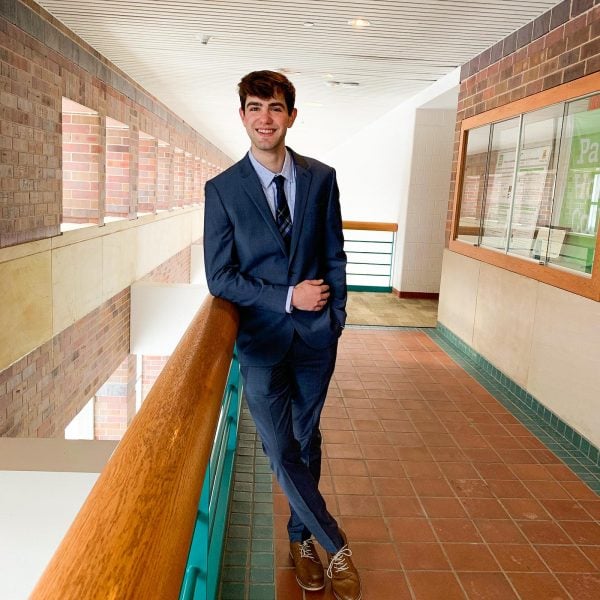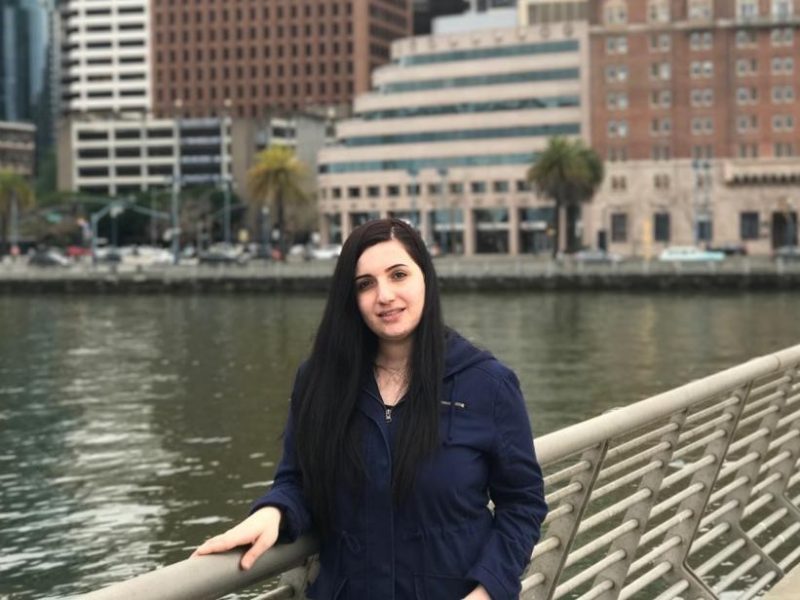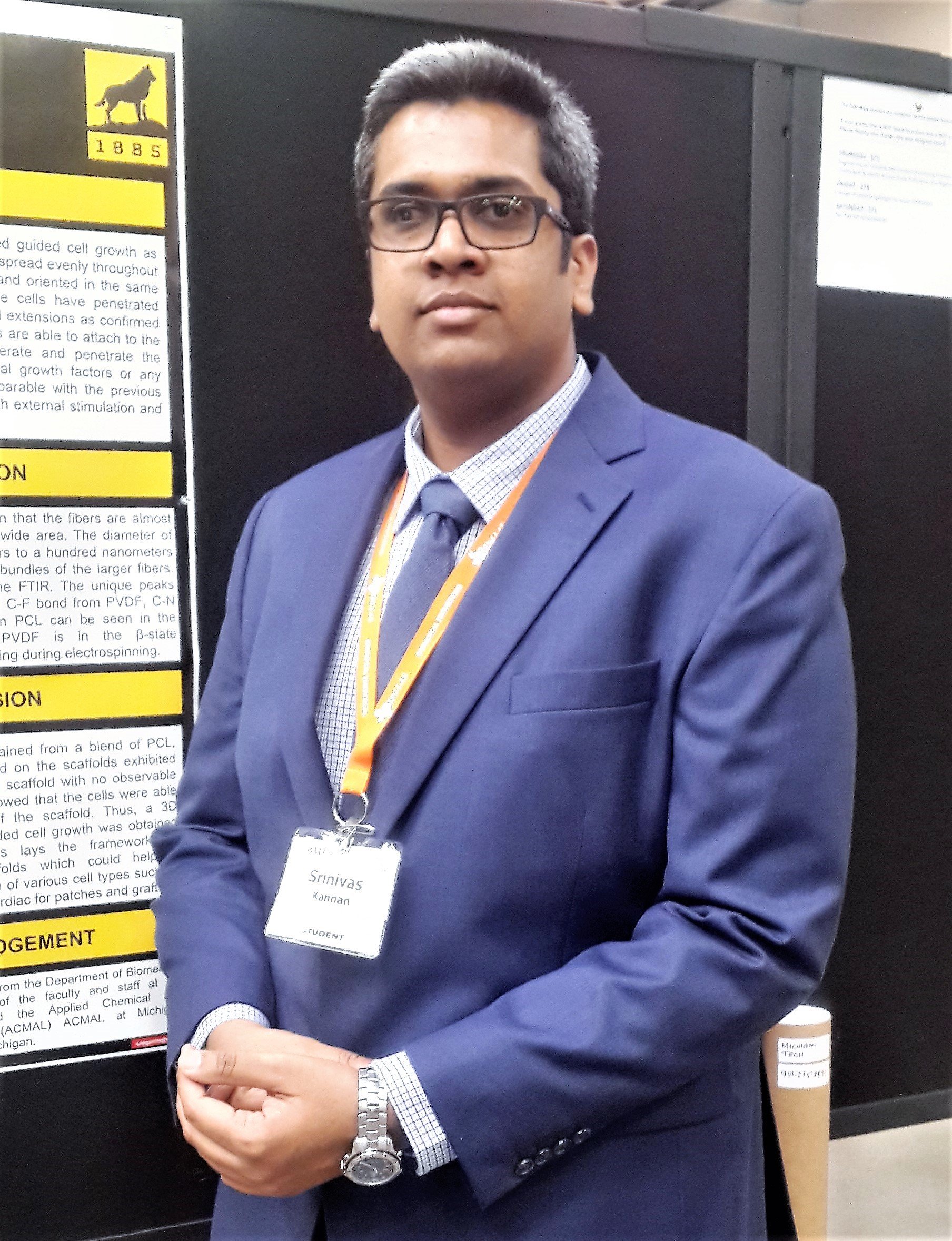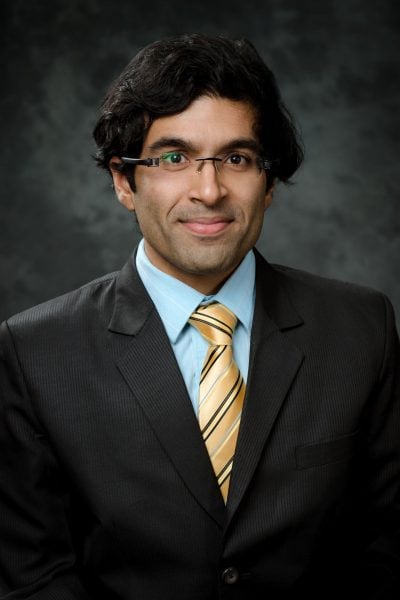Congratulations to the following students on receiving the Outstanding Scholarship Award!
Jesse Anderson- Atmospheric Sciences
Md. Saleh Akram Bhuiyan- Biomedical Engineering
Aynaz Biniyaz- Civil Engineering
Julian Blann- Accounting
Sarvada Hemant Chipkar- Chemical Engineering
Jay Czerniak- Business Administration
Joshua Golimbieski- Engineering Management
Ronald Kyllonen- Mechanical Engineering
Ikechukwu Emmanuel Okoh- Mechanical Eng-Eng Mechanics
Rohit Sunil Pandhare- Mechanical Eng-Eng Mechanics
Peng Quan- Forest Science
Sambhawana Sharma- Physics
Emily Shaw- Engineering – Environmental
Shardul Tiwari- Environmental & Energy Policy
Modupe Omolara Yusuf- Rhetoric, Theory and Culture



